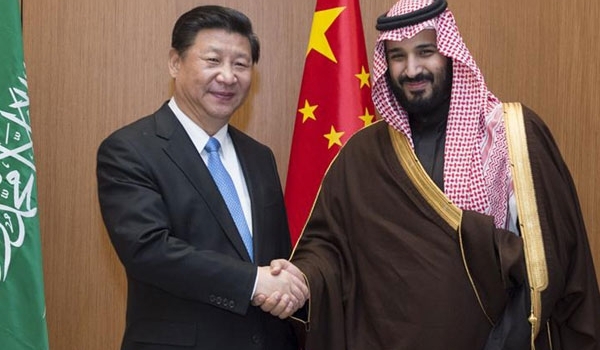The staff of the Anti-Corruption & Governance Center at CIPE has compiled this list of recent publications and resources to help the global anti-corruption community, and is updated monthly. The most recent entries are placed near the top and extend through the last thirty days. We welcome your suggestions for additional articles, reports, and… Read More
The fate of El Salvador’s new anti-corruption commission is in doubt. Its biggest friend or most challenging foe will be the politician who founded it two years ago: El Salvador’s 39-year old populist president Nayib Bukele. Bukele rose to power on an anti-corruption platform aimed at correcting the abuse that has haunted El Salvador’s recent… Read More
In 2019, international corporations were fined more for breaking bribery laws than ever before. The milestone year saw the largest-ever collection of fines for violations of the U.S. Federal Corrupt Practices Act (FCPA), at $2.65 billion. 2019 also featured the largest-ever corporate settlement: a combined $1.06 billion agreement by Ericsson, a Swedish telecommunications firm. In… Read More
Photo Credit: Flickr Zimbabwe’s stunning overthrow of former President Robert Mugabe shocked the world – mostly because the people of Zimbabwe had just cause to oust him for decades. As president of Zimbabwe, Mugabe was so publicly corrupt that he led to the coining of the term “kleptocrat.” Since his overthrow, the new President Emmerson… Read More
Photo Credit: FARS News Agency Across the globe, countries have taken varying approaches to combat the problem of corruption. In South Africa, the Parliament finally took steps to hold President Jacob Zuma accountable for his unethical dealings, resulting in his resignation in February 2018. While in Bangladesh, the head of the Bangladesh Nationalist Party Khaleda… Read More
Photo Credit: Wikimedia A recent Foreign Affairs article by Chris Miller highlighted how “the three-pronged strategy of Putinomics” has worked to keep the current resident of the Kremlin in power: “First, it focused on macroeconomic stability—keeping debt levels and inflation low—above all else. Second, it prevented popular discontent by guaranteeing low unemployment and steady pensions,… Read More






